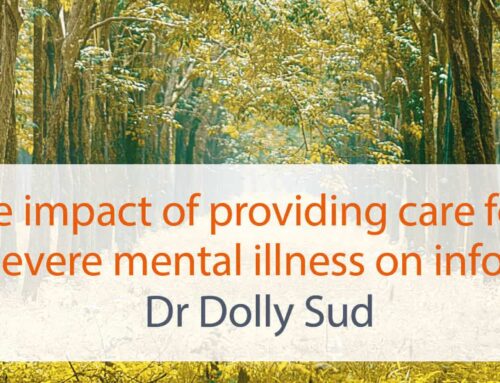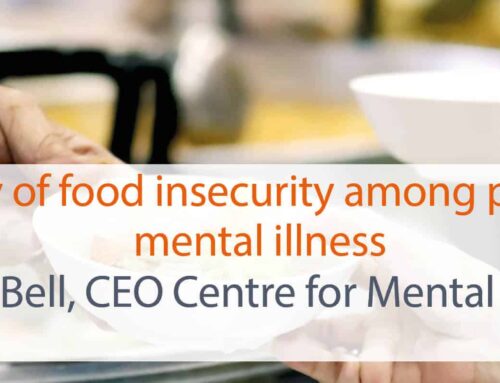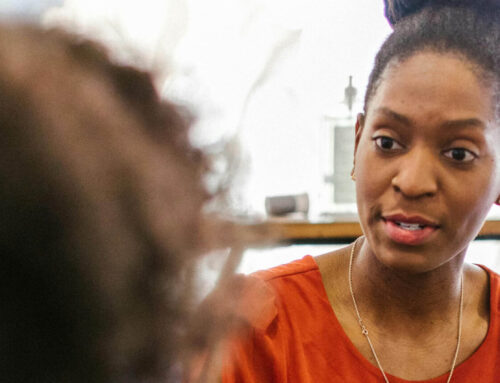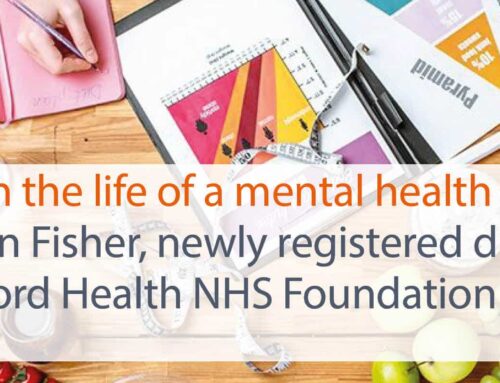
Emma Bailey, Project Manager for Equally Well UK at Centre for Mental Health
Equally Well UK was formed to close the early mortality gap for people with a diagnosis of severe mental illness by improving support for physical health. We always look at the key inequalities and one that I have been passionate about exploring is the intersection between race, severe mental illness and physical health. We know the inequalities that people from racialised communities can face and the inequalities that people with a severe mental illness face. Yet the ways these intersect with regard to physical health have barely been mentioned in research or policy.
We at Equally Well UK have been keen to shine a light on this and to make a start we hosted a members’ webinar. The event was chaired by Rebecca Thomas from HSJ and included contributions from Al Richardson and Jason Grant from the Equally Well UK Expert by Experience Group; Dr Bola Owolabi, Director of Inequalities at NHS England; and Equally Well UK Clinical Group members Dolly Sud and Prof. Edward Kunonga.
As Sarah Hughes noted when welcoming members, “many of the things that we need to change are not grounded in huge significant policy changes or legislation. Some are, but most are located in the day to day experience of people, the systems, the culture, pathways, engagement, outreach. All of these things are within our gift to change.”
Two of the most important areas for action mentioned by Bola Owolabi were data and training. She highlighted that data can lead to actionable insight if it enables us to find where the gaps are and drive improvements. She noted that data has to measure people’s access, experiences and outcomes, including how they are made to feel by a service.
Bola also raised the importance of culturally competent communication, not just translating documents but how practictioners engage with individuals and interpret behaviour. This highlights the importance importance of education to enable health professionals to be culturally competent in the ways they engage with people. When a professional doesn’t understand cultures different to their own, that cultural difference can be misinterpreted.
Al and Jason spoke from their perspectives about the challenges that people from racialised communities face in getting help for their physical health when they’re in contact with mental health services. Al highlighted that too often services have a focus on Western foods and cultures, and at times he has been judged for his weight gain and ‘lifestyle’ instead of staff understanding what medication he is on and working in a culturally competent way to understand his needs and preferences for looking after his physical health.
Edward shared work he has done to link primary care data and local authority data to understand the experiences of different communities during the pandemic, and especially those facing a disproportionately severe impact.
He highlighted that in some areas, health services homogenise ‘Black, Asian and minority ethnic’ people together as one group. Africa alone is 52 different countries with a wide range of cultures and experiences. Homogenising all racialised communities under one umbrella term neglects the diversity of needs, and increases the likelihood that these diverse needs will be overlooked, exacerbating health inequalities.
Dolly highlighted the importance of research and the need for radical changes in the ways studies are designed and different groups of people are represented and involved in them. Consideration needs to be given to the implementation of race impact equality assessments for all research studies. This might go some way to tackle the issues that currently exist within research. She noted that medical research continues to be dominated by white, male perspectives, with little understanding of the health needs of people from diverse communities and backgrounds.
The webinar is a first step in understanding the intersections between racial injustice, mental illness and physical health in the UK. It is clear that to really understand people’s experiences we need better and more granular data. We need coproduced research to build insights into what people’s experiences are really like. We need good quality training and education to create a culturally competent workforce. And we need to shift the balance of power so that communities are working alongside health care services to meet people’s needs.
We hope this will be the start of an important journey of learning, understanding and improving responses to make racial justice a key element of achieving physical health equality for people living with a mental illness.






